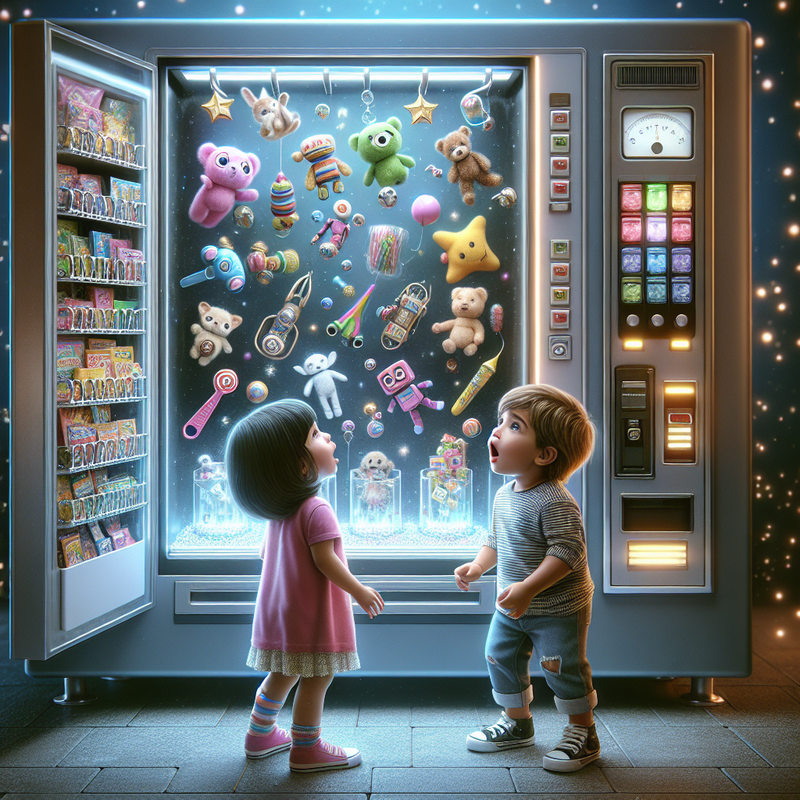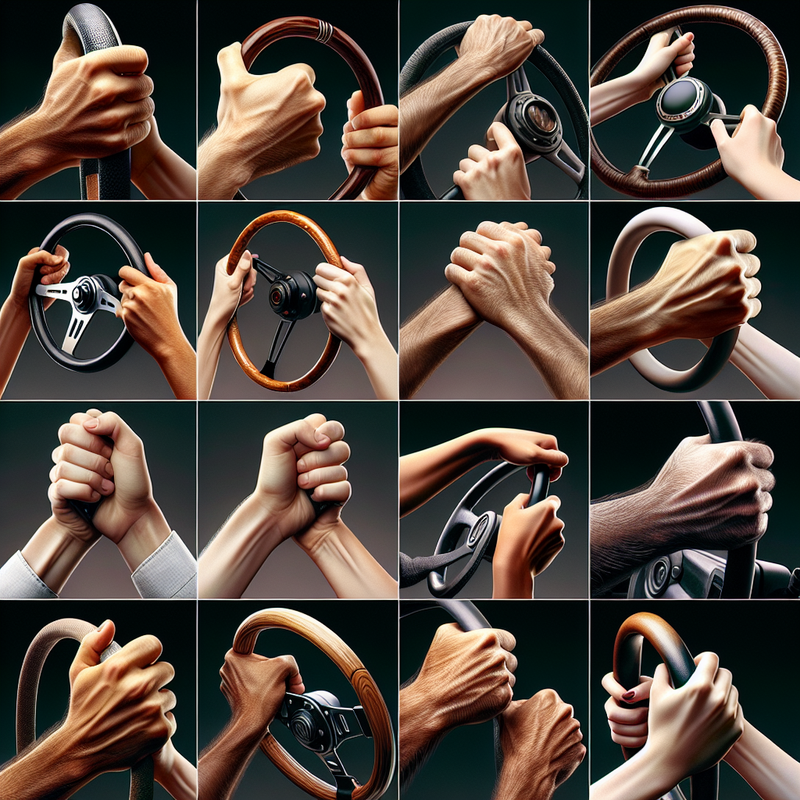Recent insights from a study conducted by experts at Johns Hopkins University
have shed light on how young children’s learning processes are influenced by their experiences. The findings suggest that when toddlers, aged between two and three years old, are confronted with events that defy possibility, they demonstrate a greater propensity for learning, as opposed to when they encounter events that are simply less likely.
Published in the prestigious Proceedings of the National Academy of Sciences
this research reveals that toddlers possess the cognitive capability to differentiate between what can happen and what defies logic. Even without the words to express these concepts, these young learners appear to intuitively understand and process them. Lisa Feigenson, a senior researcher and co-director at the Johns Hopkins University Laboratory for Child Development, notes, “Young children have a natural ability to reason about the world in terms of different possibilities.”
During the study, toddlers were presented with an apparatus akin to a toy vending machine
which displayed either an assortment of pink and purple toys or solely purple toys. In an intriguing twist, when some children used a coin to operate the machine that was meant to dispense only purple toys, they unexpectedly received a pink toy—an event that defied the established possibility. Notably, after this encounter with the toy dispensing device, the toddlers who experienced these baffling events were more adept at learning the names of the toys than those who witnessed more likely occurrences.
Aimee Stahl, who co-authored the study, indicated the unique impact of such findings: “Our research shows that it’s the impossible events that capture children’s learning attention, not the unlikely ones. They need to experience something that completely goes against what they believe is possible to kickstart their learning process.” This distinction made by toddlers between the improbable and the impossible is one of the study’s crucial points of interest.
Through these incidents, it seems impossible occurrences trigger a profound sense of wonder and inquisitive drive in toddlers
This intense curiosity could play a vital role in shaping effective learning techniques that capture the attention of young minds. Feigenson and Stahl advocate for incorporating such stimulating events into educational strategies to foster a deeper level of engagement and curiosity in children.
The ramifications of this study have significant bearing on early childhood education practices
According to the findings, educators and parents have the opportunity to captivate children’s imagination by introducing them to perplexing mysteries, thereby catalyzing potent learning experiences. As stated by one of the researchers, such an approach can lead to effective and engaging educational moments for children.
The primary author of the study report from Johns Hopkins University is Jill Rosen
who has brought to light the connection between the recognition of impossibilities by children and an ignited eagerness to understand their surroundings. The research team is determined to delve deeper into how this inclination for seeking explanations could be further employed to enrich the educational experiences of young learners, using their innate curiosity to enhance cognitive development and learning outcomes.







